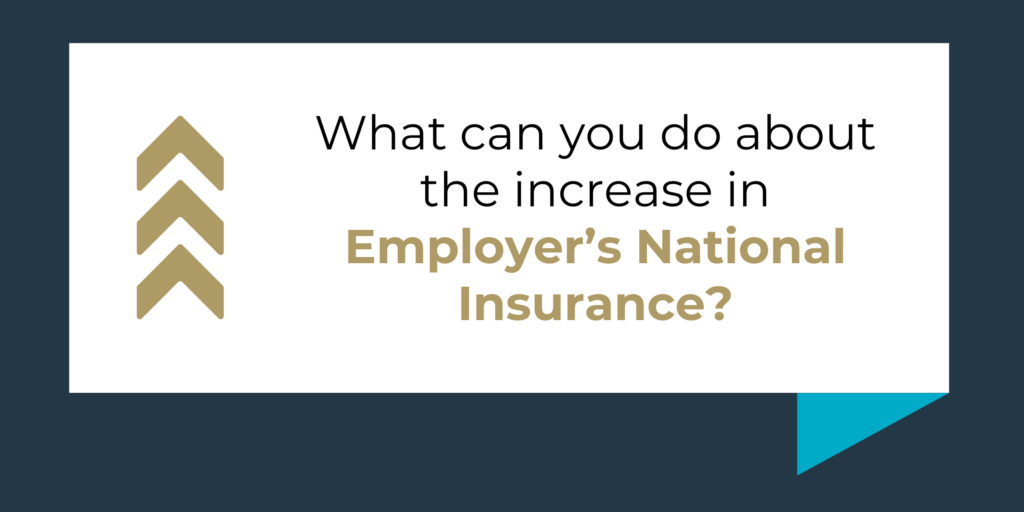Considerations when buying a business
In my last blog I looked at the things that we should consider if we were looking to sell our business. What if the boot is on the other foot? What should we be thinking about if we are looking to acquire a business?
- Price
This seems obvious, I guess, but how do we know if the business is being offered at the right price? I could write for hours on business valuations but ultimately the “correct” price is what you are prepared to pay and what the seller is prepared to receive. You are investing in future profits. How much would you pay now for the expectation of those profits? That should be the maximum price.
- What are we buying?
Are we buying the company itself by acquiring the shares or buying the assets of that company? There are tax and other commercial consequences of each of these options and these should be considered at the start of the process.
- Are we buying what we think we are?
Financial, commercial and legal due diligence will allow us to be satisfied that what we think we are buying and what we are actually buying are the same thing. The amount of due diligence will depend upon the nature and complexity of the target business, whether we are buying the shares or the assets and the size of the deal.
- What savings do we think we can make?
If we are combining our existing business with the acquired business can we make savings from the “synergy” between the two businesses, overhead reduction, staff costs, better buying power?
- How will the deal be financed?
Assuming that we have not got the cash, then we could look at bank finance or equity investment or, perhaps the vendor is prepared to finance the deal themselves.
- Legal costs
We should factor into the budget costs for dealing with the legal agreements, the due diligence and fund raising fees. The level of these will, ultimately, depend on the size and complexity of the deal. Quotes or estimates of the fees should be obtained at the start of the process.
- Timescales
Both vendor and purchaser need to be realistic with expected timescales. A proposed timetable should be drawn up at the beginning to ensure that both parties are working to the same target. This can be particularly important if we are buying a business that is particularly sensitive to seasonal fluctuations (you probably wouldn’t want to complete a purchase of a flip flop manufacturers in July!).
- Effect on current business
An acquisition can be a lengthy, time consuming and, at times, a stressful process. We need to ensure that we mitigate any detrimental effect on the existing business.
All of these pay a major part in the potential acquisition of any business. It is important to put together a team including your accountant, solicitor and finance advisor to give you the best chance of getting the deal “across the line” as quickly, smoothly and cost-effectively as possible.
If you are looking at a potential acquisition please give me a call. I would welcome the chance to meet up with you to offer practical advice. The initial meeting will be without charge and without obligation.
I look forward to hearing from you.
Article written by Steve Hale







